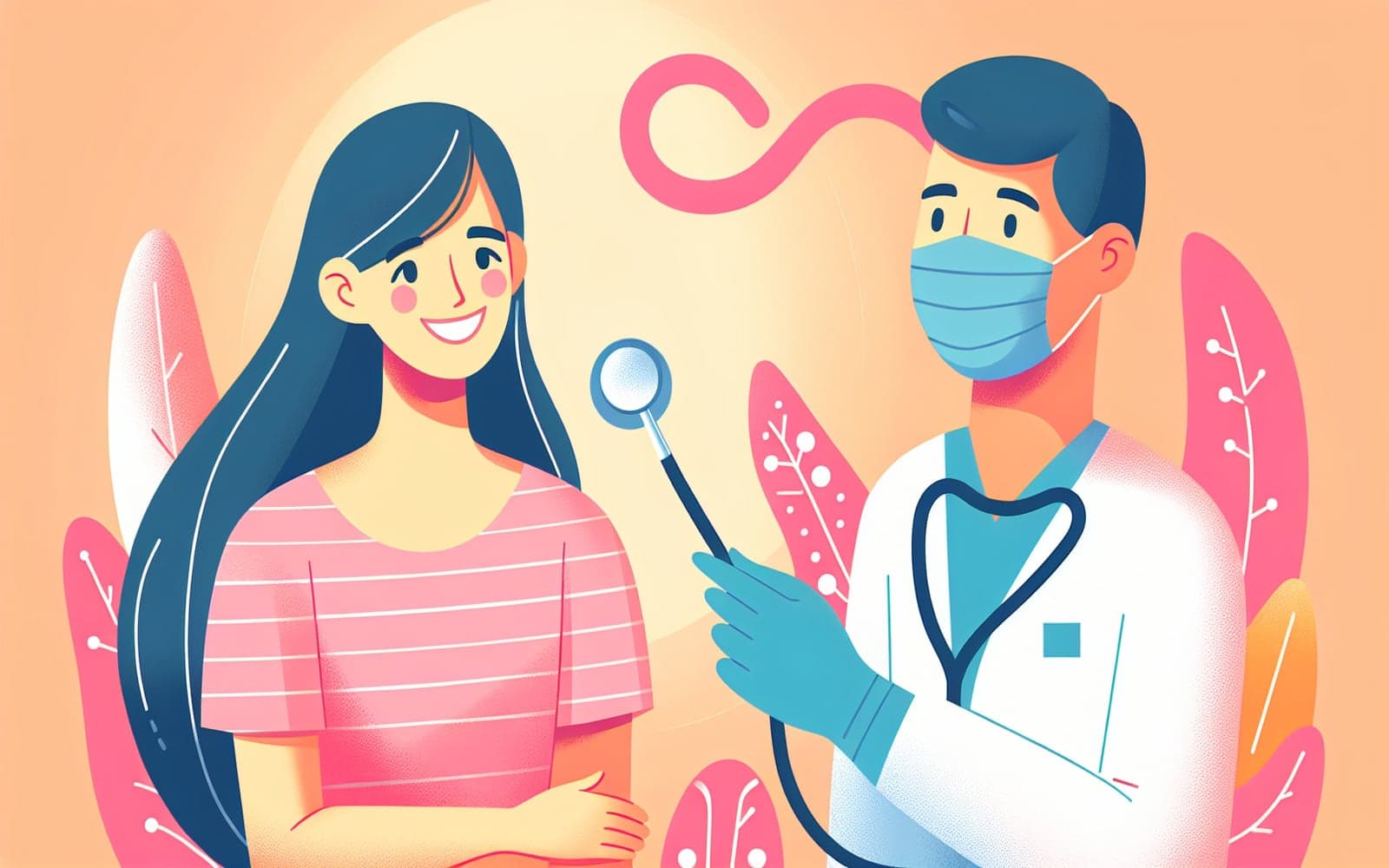Fighting Back: Cutting-Edge Treatments for Guillain-Barré Syndrome
Published: Jan 17, 2024
While Guillain-Barré syndrome (GBS) can be scary, modern treatments offer hope for recovery. Understanding these therapies can help patients and families navigate the treatment journey.
Contents
Plasma Exchange: Filtering Out the Bad Guys
Plasma exchange, or plasmapheresis, is a key treatment for GBS. It works by removing the blood plasma containing harmful antibodies and replacing it with fresh plasma or a plasma substitute. Think of it as an oil change for your blood - removing the contaminated fluid and replacing it with clean fluid. This process can help reduce the attack on your nerves and speed up recovery.
Immunoglobulin Therapy: Reinforcing Your Defenses
Intravenous immunoglobulin (IVIG) therapy is another primary treatment for GBS. It involves infusing healthy antibodies from donors into your bloodstream. These antibodies help to block the harmful antibodies causing GBS. It's like sending in a peacekeeping force to stop the friendly fire in your immune system. IVIG can help reduce the severity of symptoms and accelerate recovery.

Supportive Care: The Unsung Hero
While not as dramatic as plasma exchange or IVIG, supportive care is crucial in GBS treatment. This includes monitoring and supporting breathing (sometimes with mechanical ventilation), preventing complications like blood clots, and managing pain. Physical therapy is also a key component, helping to maintain muscle strength and flexibility during recovery. Think of supportive care as the pit crew in a race - it keeps everything running smoothly while the main treatments do their work.
Frequently Asked Questions
Improvements can be seen within days to weeks.
Generally yes, but they can have side effects.
Usually only one is used; combining them doesn't improve outcomes.
It varies, but initial treatments often last 5-10 days.
Key Takeaways
Effective GBS treatment combines cutting-edge therapies with comprehensive supportive care, offering the best chance for recovery.
Curious about the latest GBS treatments? Reach out to Doctronic to explore your options and get personalized insights.Related Articles
References
Hughes RA, et al. Lancet Neurol. 2014;13(1):70-82.
Willison HJ, et al. Lancet. 2016;388(10045):717-727.
Always discuss health information with your healthcare provider.